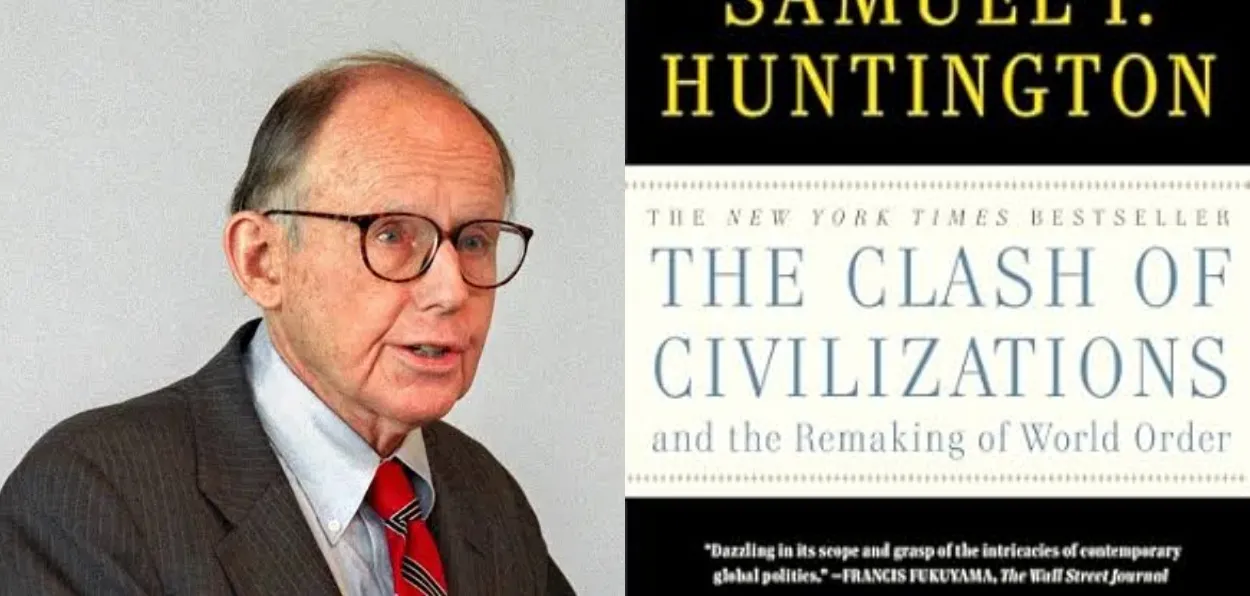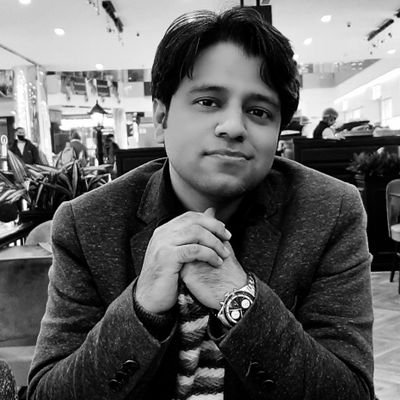
 Saquib Salim
Saquib Salim
“The clash of civilisations that calls for conflict and the spread of fear between one another are symptoms of isolation and hegemony, caused by racism, cultural dominance and seclusion.” These words from The Charter of Makkah, prepared by the Muslim World League in 2019, have far-reaching implications than meet the eye.
The charter, signed by more than a thousand Islamic scholars, stresses countering the thesis of the clash of civilisations multiple times. It also states, “We must protect youth from the ideas of a clash of civilization, and block efforts to mobilise against those with whom we intellectually disagree.”
To understand the implications of these words, one must know about the thesis of the clash of civilizations and its impact on the world.
In 1993, after the Cold War ended with the disintegration of the USSR, Samuel Huntington, an American political scientist, came up with an influential idea in a paper titled, The Clash of Civilizations? The argument was later developed into a book, The Clash of Civilizations and the Remaking of World Order. He proposed that after the fall of the USSR, the international conflict would enter a new era where civilisations, which he freely equated with religions, and not ideology, would lead to wars.
Huntington said, “.... the fundamental source of conflict in this new world will not be primarily ideological or primarily economic. The great divisions among humankind and the dominating source of conflict will be cultural. Nation-states will remain the most powerful actors in world affairs, but the principal conflicts of global politics will occur between nations and groups of different civilisations. The clash of civilisations will dominate global politics. The fault lines between civilisations will be the battle lines of the future. Conflict between civilisations will be the latest phase in the evolution of conflict in the modern world.”
The idea gained popularity among the people of the USA and the West. Several political commentators have since argued that the thesis had a direct impact on US foreign policy in the last three decades. Jeffrey Haynes argues, “Often implicitly, Huntington’s analytical framework has also been instrumental in informing the ideas and ideology of various right-wing populisms, informing a central component of a novel political ideology, Christian civilizationism (or “civilizationism”), a counterpart to Islamism (or political Islam).”
This did not influence a fringe of the US politicians but the people who have decision-making powers. When Donald Trump first became the President, Emma Ashford wrote in The National Interest, “The incoming administration seems to have fully embraced the ideas of Harvard historian Samuel Huntington, not only on the clash of civilisations, but on American decline, the idea of a West encircled by enemies, and even on immigration.”
Political commentators have been arguing this for years now that the idea of the clash of civilisations is erroneous and leads to Islamophobia, which in turn provides a breeding ground for terrorist organisations among Muslims.
In the Indian context, the thesis has disastrous effects. The thesis sought to divide India into Hindu, Buddhist and Islamic civilisations, which conflict with each other. The idea that civilisations thrive in complete seclusion from each other is not only historically incorrect but also very harmful for a multicultural society like India.
Edward Said, in a lecture after Huntington’s book was published, told his audience, “.... the weakest part of the clash of cultures and civilisations thesis is the rigid separation assumed between them despite the overwhelming evidence that today's world is, in fact, a world of mixtures, of migrations and of crossings over, of boundaries traversed….. There are no insulated cultures or civilisations. Any attempt made to separate them into the watertight compartments alleged by Huntington and his ilk does damage to their variety, their diversity, their sheer complexity of elements, and their radical hybridity. The more insistent we are on the separation of the cultures, the more inaccurate we are about ourselves and about others. The notion of an exclusionary civilisation is, to my way of thinking, an impossible one.”
With the Charter of Makkah, the Muslim World League has challenged the US policymakers who have subscribed to the idea of a clash of civilisations for years now and translated it into policies like the War on Terror. Not only is the League striking at the very root of Islamophobia, but it is also saving multicultural societies like India or Indonesia from falling prey to divisive political discourse.
More than any other country, India needs to counter this idea with more vigour because it feeds into the divisive political propaganda that Hindus and Muslims cannot live together because they are separate civilisations in conflict. The propaganda led to a partition of this country, and we cannot let this propaganda win again.
ALSO READ: Scientist Shams Pervez keeps a hawk's eye on Raipur's air quality
India is neither an Islamic civilisation nor a Hindu civilisation. We are part of a great Indian civilisation, which is a melting pot of several religions and cultures. In India, Hindus, Muslims, Buddhists, Christians, Sikhs, etc., make a single great civilisation.
The charter, by attacking the clash of civilisations, tried to counter the global trend of right-wing political movements.
